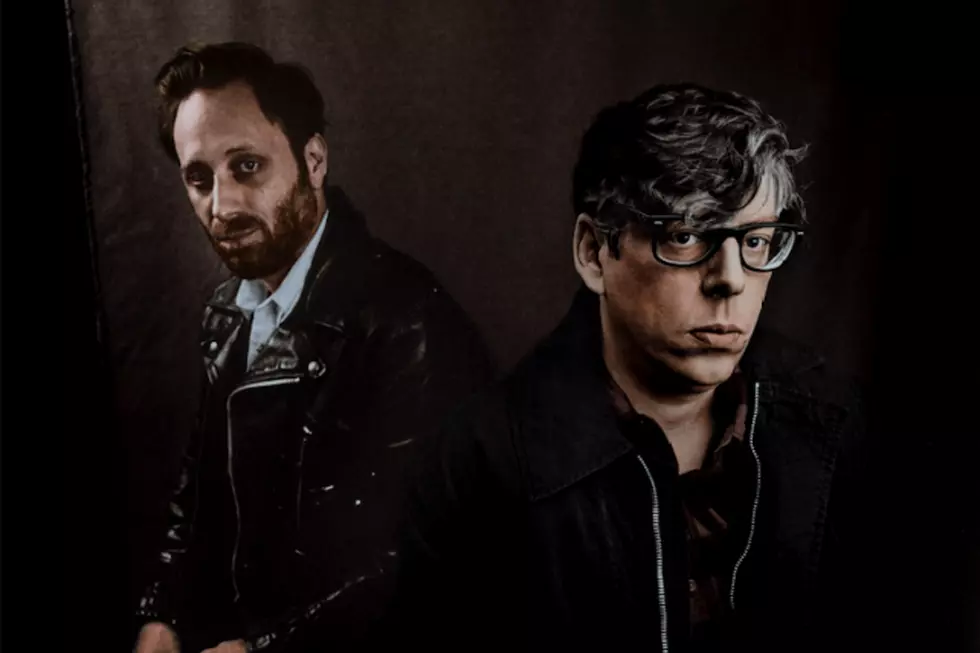
Instant Expert: The Black Keys
You’ve seen them at parties, lurking in the corner, waiting to engage in battle disguised as conversation. They’re indie rock know-it-alls, and no matter what band or musician you mention, they’ve got an opinion — strong and almost certainly negative — ready to ram down your throat. With Instant Expert, we offer preparation for these very situations. Each Thursday, in advance of your weekend carousing, we pick an artist and provide a quickie career overview, highlighting both prevailing critical opinions and the inevitable contrarian counterarguments. Even if you’re completely unfamiliar with the music, you’ll be able to bluff your way through and defend your indie cred. This week: the Black Keys.
- Kevin Winter, Getty Images
Kevin Winter, Getty Images The Gist
Singer and guitarist Dan Auerbach and drummer Patrick Carney first got together to jam on some of Auerbach's songs in Carney's basement in Akron. But the Black Keys weren't supposed to be a duo. In fact, Carney wasn't even supposed to play. But the other musicians never showed up, so the pair were stuck with each other. Over the past dozen years, the Black Keys have gone from scrappy garage-rock duo with a thing for obscure blues music to Grammy-winning saviors of rock 'n' roll. Their seven albums reflect this growth, with the low-fi recording of their 2002 debut giving way to their most recent record, 2011's 'El Camino,' which was nominated for a Grammy as Album of the Year.
Critical Consensus
The Black Keys got serious on their sixth album, 2010's 'Brothers.' They were on a bigger label, they were working with hotshot producer Danger Mouse and they had a batch of new songs that finally reconciled their garage-rock past with something more forward looking. The bluesy stomps and swampy guitar riffs that echo throughout 'Brothers' launched dozens of copycat bands and enough soundalikes in TV commercials to keep the Keys' lawyers in business for the next decade.
Contrarian Counterargument
By 2004's 'Rubber Factory,' their third album, the Black Keys had pretty much nailed their bluesy garage low-fi sound. It all comes together here, with leaner songs and rougher performances. Bonus points: It was actually recorded in an old factory that used to make tires.
Counter-counterargument
The duo's 2002 debut 'The Big Come Up' was recorded in the drummer's basement for less money than a week's worth of ramen and beer. And it sounds like it. But it's pure scuzzy blues-rock bliss.
- Hulton Archive, Getty Images
Hulton Archive, Getty Images Whatever You Do, Don’t Say This
If I wanted to hear white guys rip off old black blues musicians, I'd listen to Led Zeppelin.
More From Diffuser.fm









